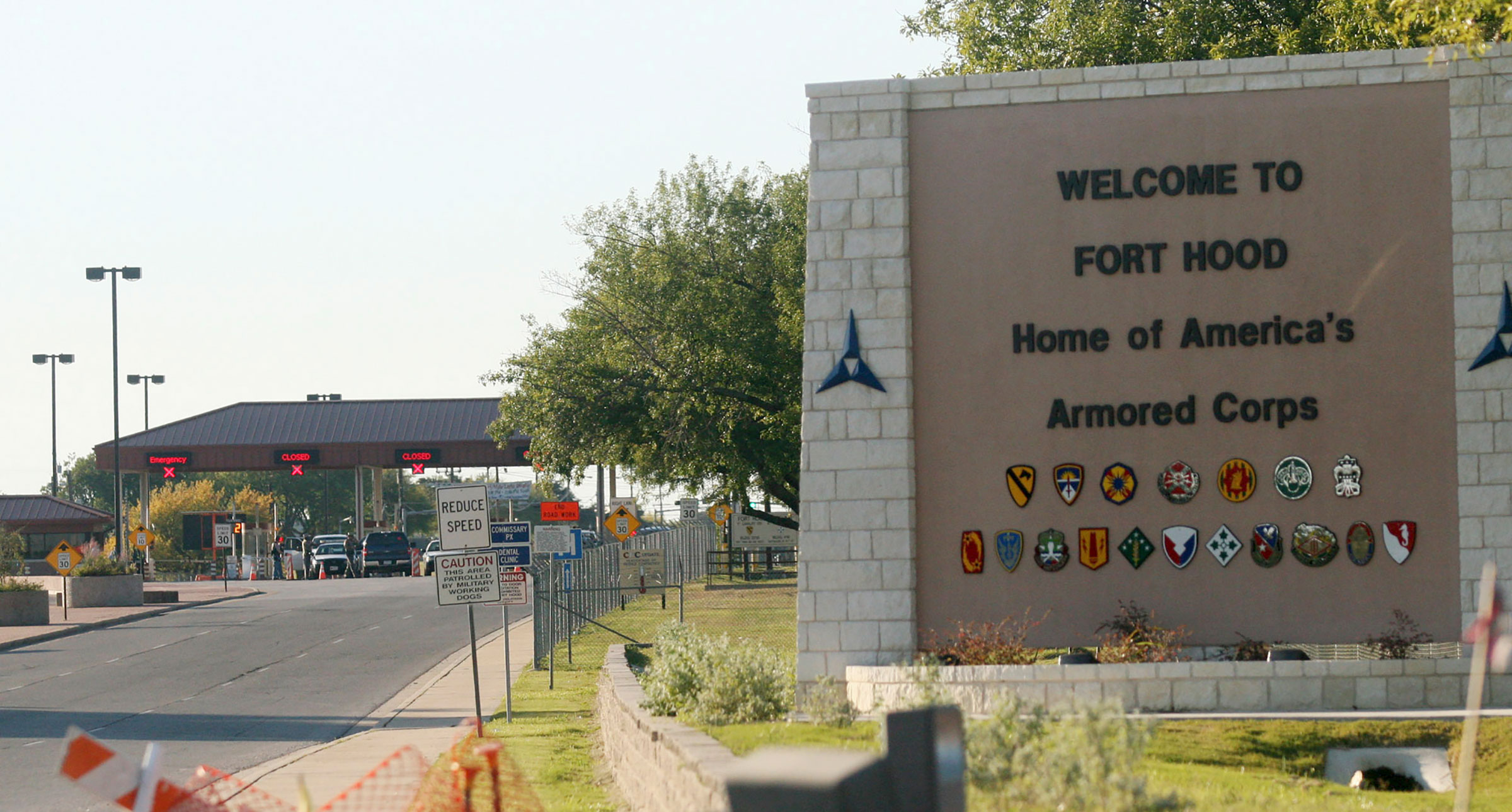
It looks like military bases honoring the memories of Confederate figures are going to need some new names at the front gates. The only questions remaining are whether it takes one year to rename the bases, as prescribed in a House-passed version of a bipartisan military bill or three, as its Senate counterpart calls for — and how much President Donald Trump will exploit the divisive issue for his own political gain.
With a re-election campaign that fully embraces his base, Trump’s instincts have him running against a fast-changing public opinion on the place of Confederate memorials and memory. In the wake of the death of George Floyd in police custody and the ensuing national reckoning on racial injustice, polls find a majority of Americans in support of removing markers of the men who rose up against the United States over, among other issues, slavery.
Trump has remained antagonistic toward the shift in mood and the ensuing removal of these homages in many places. He incorrectly said NASCAR’s ratings were down after it banned the display of Confederate flags at its events. He likened the flags to exercises of free speech on par with the Black Lives Matter protests. He turned the neighborhood around the White House into a military state in a show of force that shocked the capital as protesters picketed a statue of Andrew Jackson. And he has mobilized federal police in other cities forces to defend any destruction of Confederate monuments on public lands.
Make sense of what matters in Washington. Sign up for the daily D.C. Brief newsletter.
It’s clear Trump is betting his political base will show up more reliably in November than those who want these tributes at military bases gone. Most members of Congress, however, aren’t willing to make that bet — and for good reason. The full 435-member House is on the ballot this fall. So is one-third of the Senate, where the Republicans’ majority is in the balance. Voter registration numbers since Floyd’s death indicate a surge in interest in the election. Trump is among the weakest-polling Presidents heading into a re-election at this point and many GOP lawmakers’ fortunes hinge on the name at the top of the ticket driving turnout. And his power over the party seems to be waning.
It’s against this backdrop that the House, by a 295-125 margin, passed the National Defense Authorization Act on Tuesday, a broad piece of legislation that is a tentpole for the security of the United States. In it, lawmakers directed the Pentagon to rename the 10 military posts carrying Confederate names. Across the Capitol, it seems the Senate is going to include the same directive, but with a three-year timeline. There were grumbles among some lawmakers but also a recognition that defending the Confederacy in any way at this moment is bad politics.
Trump, meanwhile, had his White House issue the threat of a veto — even as it was apparent Congress wasn’t with him. The Confederate question is but one piece of a much larger bill that deals with a pay hike for the troops and a withdrawal from Afghanistan, which are popular election-year winners. No President has a line-item veto, so either Trump accepts every piece of the negotiated version or he rejects it all.
That sets up a rather difficult next few days for Trump that are, once again, of his own making. Even his ally Senate Armed Services Chairman Jim Inhofe didn’t block the Confederate-removing language from the bill, and no one is credibly pushing for its removal from the Senate floor. That means the bill that’s likely heading to Trump’s desk will force him to do one of two things: back down from his veto threat, or veto the bill as promised, which will result in Congress overriding the veto. It would be Trump’s first veto override of his presidency and it would come at a nadir in how the public sees his performance. Either way, he looks weak.
Then again, perhaps this was never really about the Confederate names for Trump. There is value in signaling, and Trump very clearly is signaling to his base that he’s going to defend their interests. He has embraced the arguments that World War II’s heroes trained at these bases, therefore they are sacred, and should not be altered. And most of the bases happen to be in states that will be in Trump’s column in November no matter what.
A version of this article first appeared in The DC Brief, TIME’s politics newsletter. Sign up here to get stories like this sent to your inbox every weekday.
More Must-Reads from TIME
- Donald Trump Is TIME's 2024 Person of the Year
- Why We Chose Trump as Person of the Year
- Is Intermittent Fasting Good or Bad for You?
- The 100 Must-Read Books of 2024
- The 20 Best Christmas TV Episodes
- Column: If Optimism Feels Ridiculous Now, Try Hope
- The Future of Climate Action Is Trade Policy
- Merle Bombardieri Is Helping People Make the Baby Decision
Write to Philip Elliott at [email protected]